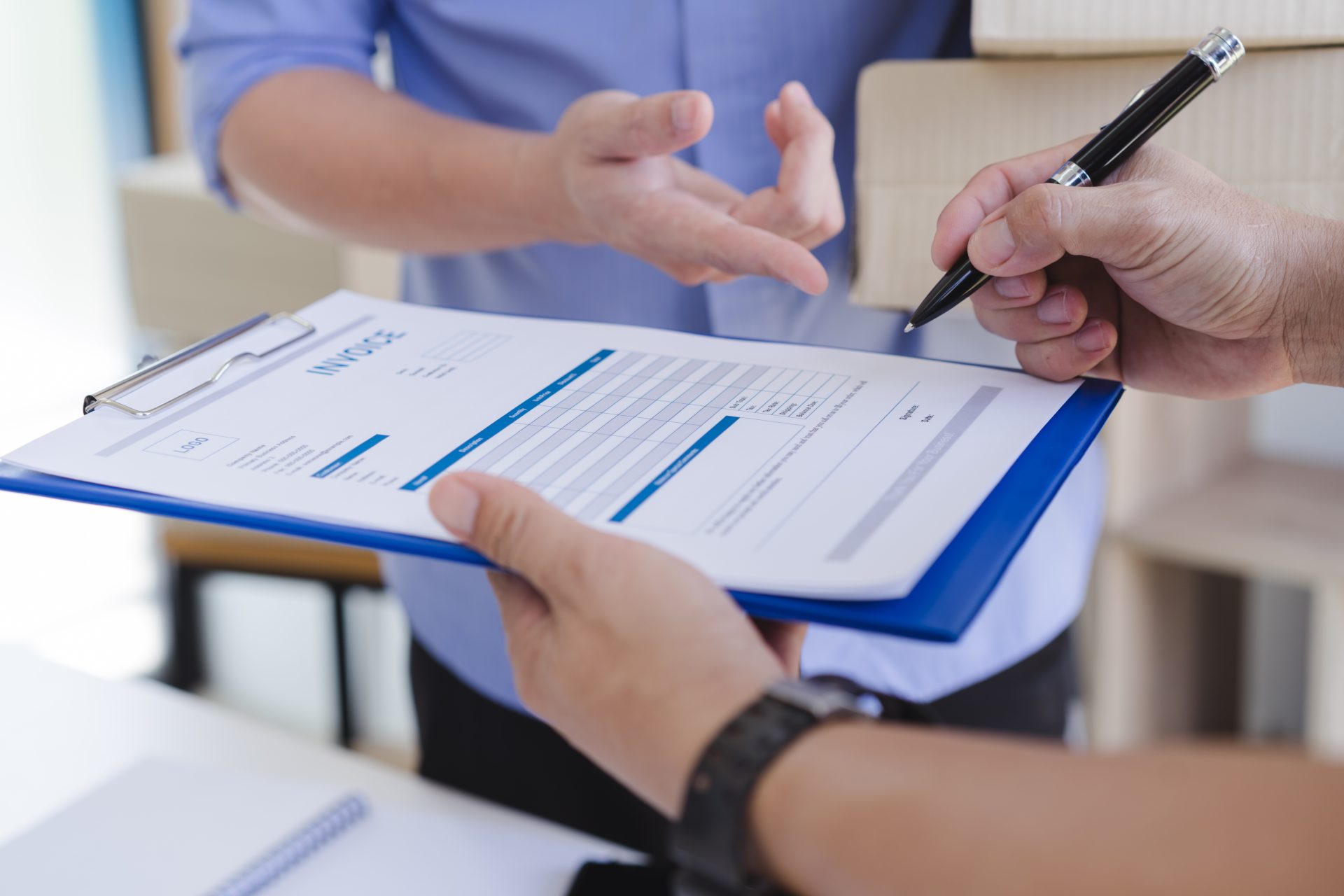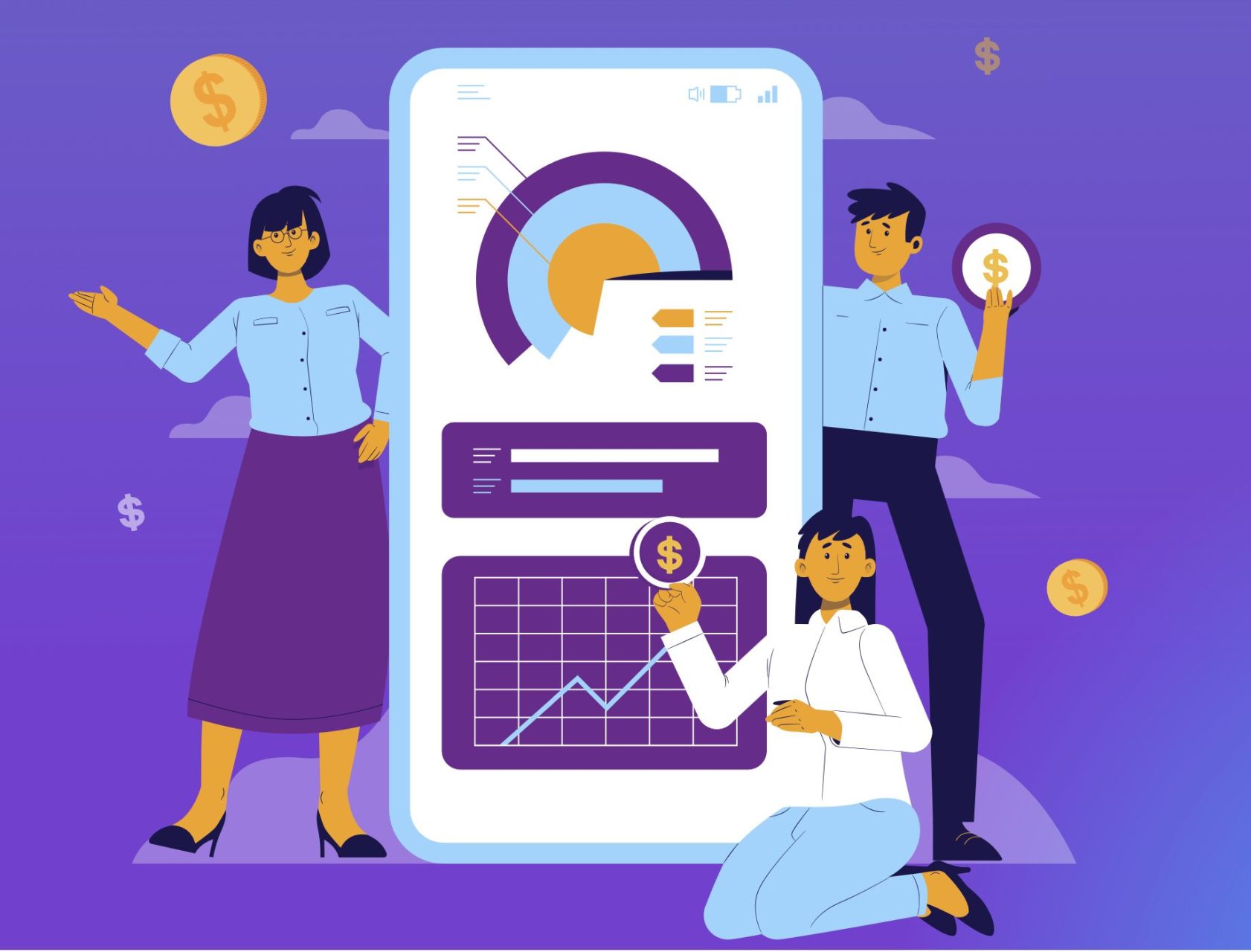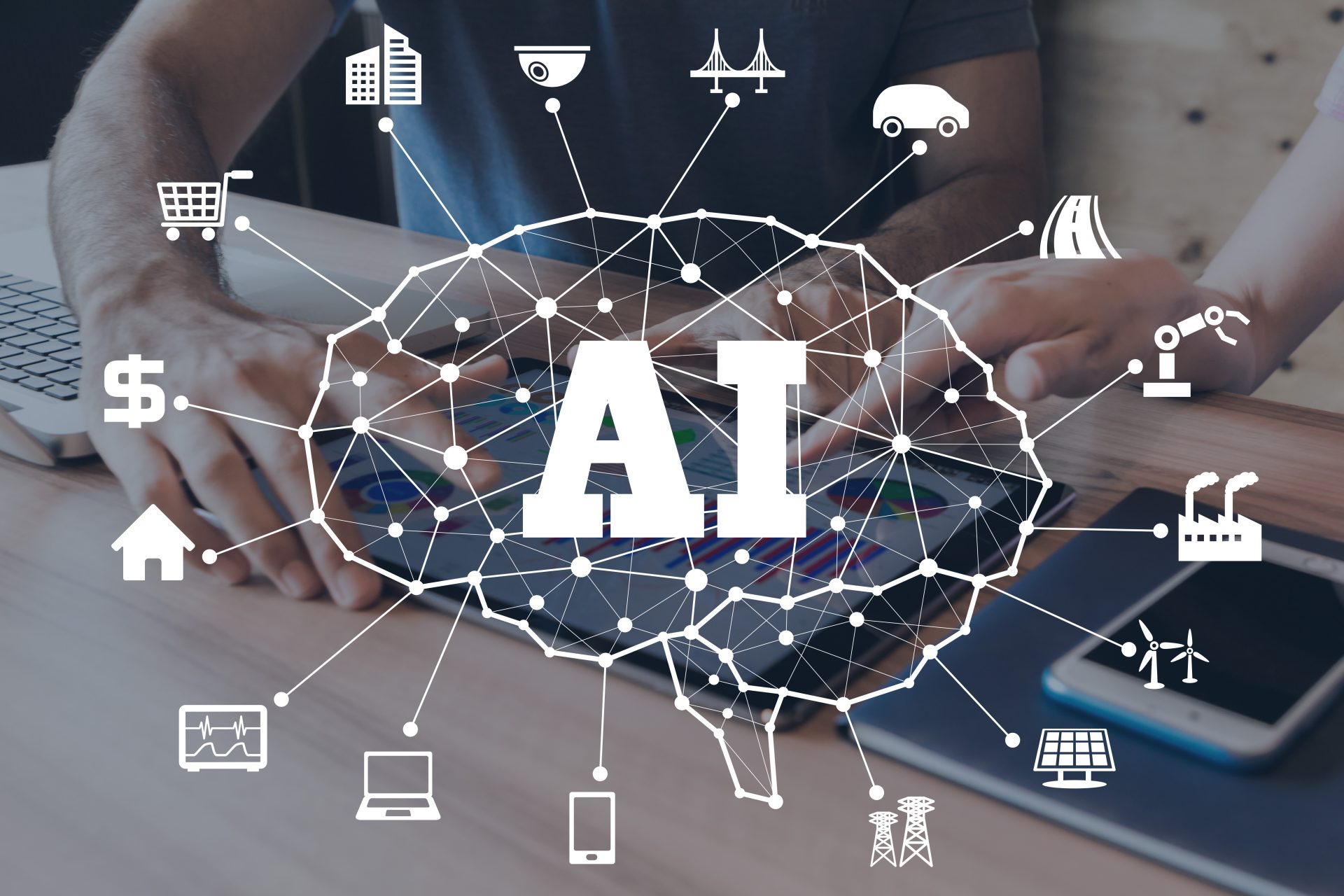Introduction
The role of accounts payable is evolving, thanks to advances in technology and the increasing importance of data. In this article, we will explore the trends that are shaping the future of accounts payable and discuss how businesses can prepare for the changes ahead. We will look at the impact of automation, integration, and data analytics on accounts payable, as well as the role of artificial intelligence in streamlining processes and improving accuracy. We will also discuss the importance of security in accounts payable and how businesses can protect against fraud, cyber-attacks, and data breaches. Finally, we will examine how employees’ roles in accounts payable are shifting from transactional to advisory and strategic.
Automation in Accounts Payable
With the help of technologies like robotic process automation (RPA) and artificial intelligence (AI), accounts payable departments are becoming increasingly automated. Automation allows companies to streamline processes, reduce errors, and save time and money. Here are some ways automation is changing the accounts payable landscape:
Invoice processing: RPA and AI can be used to automate the processing of invoices, reducing the need for manual data entry and improving accuracy. Machine learning algorithms can be trained to recognize and extract data from invoices, even when they are in different formats or languages.
Automation and artificial intelligence (AI) have already started to transform various industries, including the AP sector. These technologies have the potential to improve the efficiency and accuracy of AP processes, reduce errors and fraud, and save time and money. With AI and automation, companies can automate data extraction, validation, and classification, as well as invoice matching and payment processing.
AI-powered AP systems can identify patterns, anomalies, and potential frauds, and flag them for further review by AP personnel. This can help prevent fraud and reduce the risk of financial loss. Furthermore, AI can help optimize payment terms and reduce processing times, leading to better cash flow management and stronger supplier relationships.
AI and automation can also enable AP professionals to focus on more strategic tasks, such as analyzing data, identifying cost savings opportunities, and building relationships with suppliers. This can lead to higher job satisfaction, better employee retention, and a more productive and innovative workforce.
Payment approvals: Automation can also be used to handle payment approvals, allowing invoices to be approved and paid automatically without human intervention. This can speed up the payment process and reduce the risk of errors.
Vendor management: Automation can be used to manage vendor relationships, including onboarding, performance tracking, and issue resolution. This can help businesses to ensure that vendors are paid on time and that the relationship remains productive.
Here are some ways that AI is already being used in accounts payable and how it could develop in the future:
- Invoice processing: AI can be used to automate the processing of invoices, reducing the need for manual data entry and improving accuracy. Machine learning algorithms can be trained to recognize and extract data from invoices, even when they are in different formats or languages.
- Fraud detection: AI can be used to detect fraudulent invoices, which can help prevent financial loss for the company. Machine learning algorithms can be trained to identify patterns and anomalies in invoices that may indicate fraud or other irregularities.
- Predictive analytics: AI can be used to analyze data from past transactions to predict future patterns and trends. This can help accounts payable departments better manage cash flow, negotiate better terms with vendors, and optimize payment schedules.
- Vendor management: AI can be used to automate vendor management, including onboarding and risk assessment. Machine learning algorithms can analyze data from vendors to identify potential risks, such as late payments or financial instability, allowing accounts payable departments to proactively manage these risks.
As AI technology continues to develop, we can expect to see even more advanced applications in accounts payable. For example, natural language processing (NLP) could be used to interpret emails and other unstructured data, while chatbots could be used to automate interactions with vendors. Overall, the future of accounts payable is one in which AI plays an increasingly important role in driving efficiency and value.

Integration in Accounts Payable
As companies adopt more digital tools, it is becoming increasingly important for accounts payable to be integrated with other systems. Integration can help to streamline processes and provide a more complete view of financial data. Here are some ways integration is shaping the future of accounts payable:
Procurement integration: Accounts payable can be integrated with procurement systems to ensure that purchase orders and invoices are matched correctly. This can reduce the risk of errors and ensure that vendors are paid on time.
Inventory management integration: Integration with inventory management systems can help accounts payable to track inventory levels and ensure that invoices are paid promptly for goods received.
Financial reporting integration: Integration with financial reporting systems can help accounts payable to provide accurate and timely financial information to stakeholders. This can help businesses to make informed decisions based on up-to-date financial data.
Data Analytics in Accounts Payable
The increasing availability of data is enabling accounts payable departments to use analytics to identify trends and opportunities for improvement. By analyzing data on vendor performance, payment patterns, and invoice processing times, companies can identify areas where they can improve efficiency and reduce costs. Here are some ways data analytics is changing the accounts payable landscape:
Vendor performance tracking: Accounts payable can use data analytics to track vendor performance and identify areas where vendors are falling short. This can help businesses to address issues and negotiate better terms with vendors.
Payment pattern analysis: By analyzing payment patterns, accounts payable can identify trends and optimize payment schedules to improve cash flow.
Invoice processing time analysis: Data analytics can be used to identify bottlenecks in the invoice processing process and help businesses to reduce processing times.
Predictive Analytics: Predictive analytics is the use of data, statistical algorithms, and machine learning techniques to identify the likelihood of future outcomes based on historical data. In the AP sector, predictive analytics can be used to identify trends, patterns, and anomalies, as well as to forecast cash flow and identify cost savings opportunities.
Predictive analytics can help AP professionals to identify potential issues before they arise, such as late payments, errors, and supplier disputes. This can enable companies to take proactive measures to address these issues and avoid potential financial losses.
Predictive analytics can also help AP professionals to identify cost savings opportunities by analyzing data on vendor performance, payment terms, and other factors. By identifying opportunities for optimization, companies can reduce costs, improve cash flow, and strengthen supplier relationships.
Fraud Prevention
In the future, preventing fraud will continue to be a top priority for AP departments. As technology evolves, fraudsters will become increasingly sophisticated, making it more challenging to detect and prevent fraud.
To combat fraud, AP departments will need to continue to invest in fraud prevention technologies, such as machine learning and artificial intelligence. These technologies can help identify anomalies in financial data that may indicate fraudulent activity.
AP professionals will also need to remain vigilant in their efforts to prevent fraud. This may involve implementing additional controls, such as requiring dual approvals for high-value invoices, or conducting regular audits of supplier records.
Conclusion
The future of the AP sector is bright, with numerous opportunities for growth and innovation. By embracing new technologies and approaches, companies can improve the efficiency and accuracy of their AP processes, reduce costs and risks, and build stronger relationships with suppliers.
Here are some recommendations for helping your accounts payable department prepare for the future:
- Embrace automation: The future of accounts payable will be heavily influenced by automation, including the use of AI, machine learning, and robotic process automation (RPA). By embracing automation, accounts payable departments can streamline processes, reduce costs, and free up employees to focus on higher-level tasks.
- Invest in training: As the role of accounts payable evolves, employees will need to develop new skills and competencies to stay relevant. Investing in training and professional development can help employees adapt to new technologies and processes, and ensure that they are able to take on more strategic and advisory roles within the organization.
- Focus on data analytics: With the rise of big data and predictive analytics, accounts payable departments will need to become more data-driven in their decision-making. By focusing on data analytics, accounts payable departments can identify trends, forecast future payment patterns, and identify potential issues before they become problems.
- Enhance security measures: As security threats become more sophisticated, accounts payable departments will need to take a more proactive approach to security. This could involve implementing multi-factor authentication, using blockchain technology, and investing in cybersecurity training for employees.
- Collaborate with other departments: To be successful in the future, accounts payable departments will need to collaborate more closely with other departments, including procurement, finance, and IT. By working together, departments can identify areas for improvement, implement new technologies, and streamline processes to improve overall business performance
Overall, the future of accounts payable will require a proactive approach to ensure that payment processes are efficient, secure, and compliant. To succeed in the future of AP, companies need to be agile, innovative, and customer-focused. By taking a more strategic role within the organization, accounts payable departments can provide value by identifying potential issues before they occur and implementing solutions to prevent them.
Interested in learning more about how EZ Cloud supports accounts payable departments? Schedule a discovery call today.




